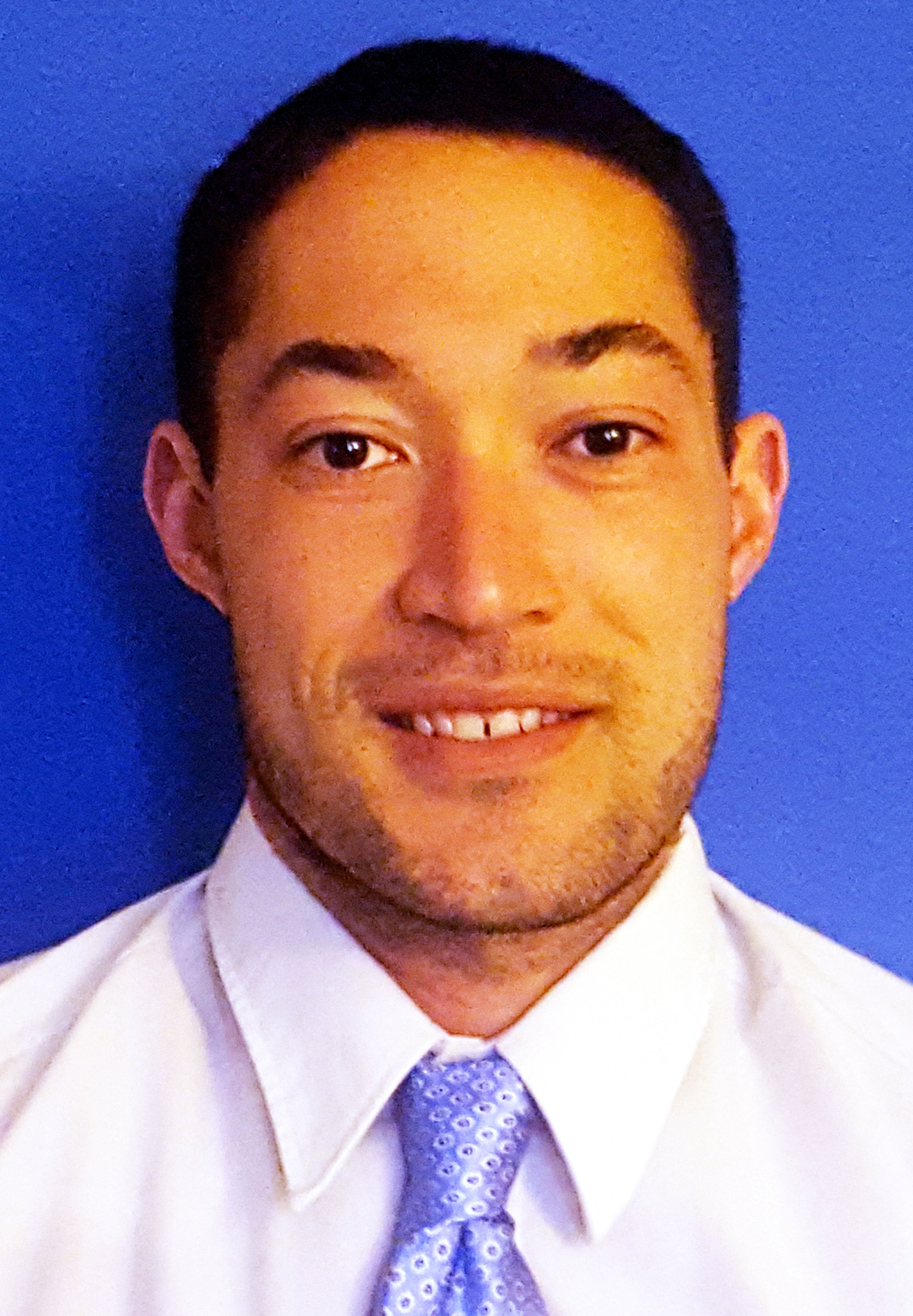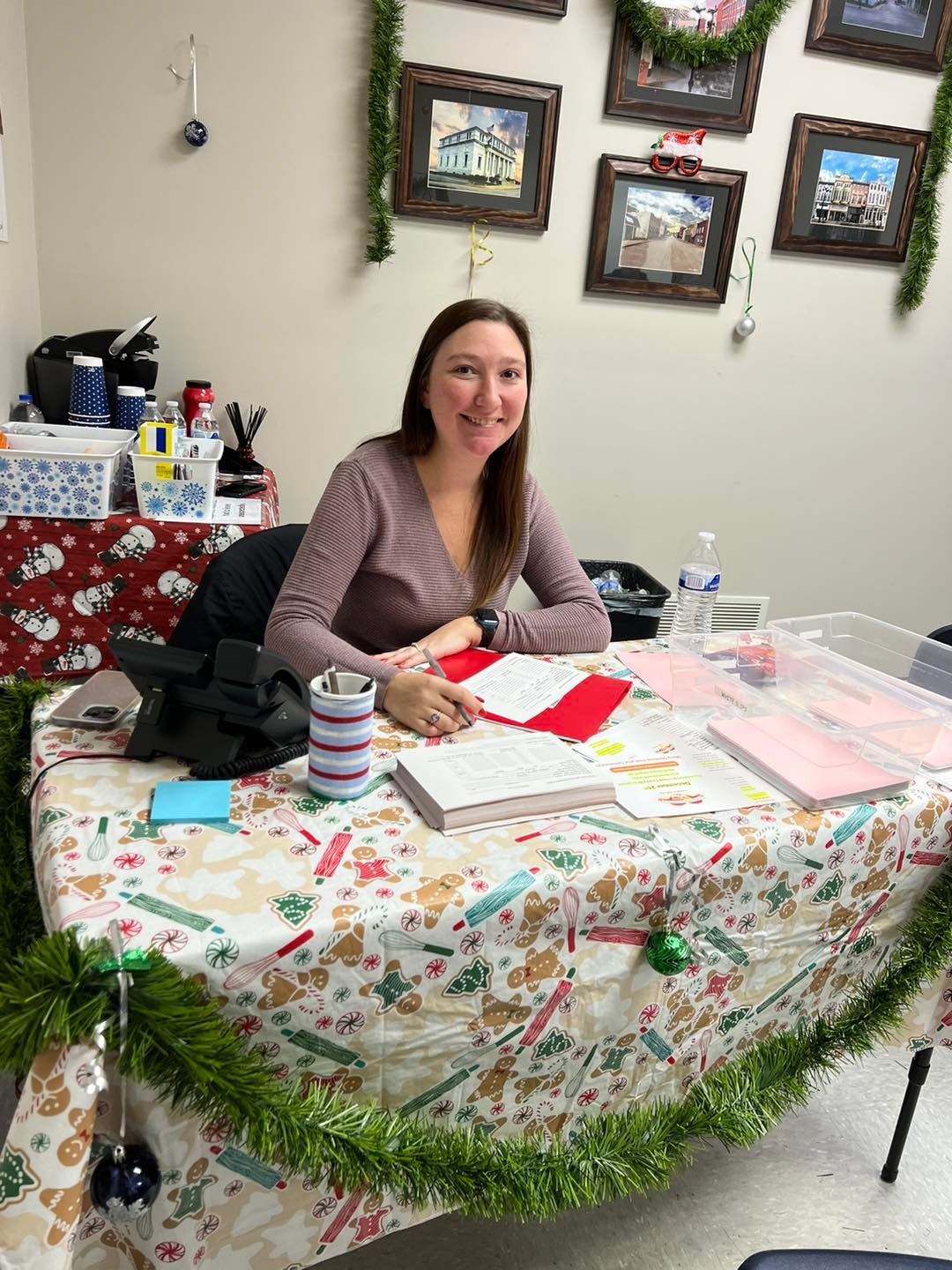Ness: Identifying good health, fitness advice
Published 10:31 am Monday, June 4, 2018
By Jamie Ness
Friends, acquaintances and even strangers often ask me about health and fitness information they have read or heard about.
Sometimes, they have received solid advice. Other times, they have come across myths that perpetuate despite mountains of evidence to the contrary.
Still, other times they have read what I would call “tabloid” fitness articles.
Tabloid fitness articles can be found all over social media sites, Internet news sites and traditional magazines, and are even sometimes featured on TV (not to mention infomercials which should obviously not be trusted at their word).
Often these articles have titles like “10 Exercises You Should Never Do,” “One Weird Trick to Blast Belly Fat,” “The Best Foods for Giant Pecs,” and “Why Cardio is Making You Fat.”
The articles often utilize lists and sensational language such as superlatives and absolutes. They attempt to grab your attention with controversial or too-good-to-be-true claims.
They attempt to make simple things — like exercise is good for you — complicated and complex things — like copper bracelets fixing arthritis — simple. They often give very specific recommendations to the general public, like all men older than 40 need this testosterone supplement.
Better advice in public forums is usually found when general recommendations are given to specific populations.
What makes some of these articles tricky is they are often based on some bit of truth. The problem is that bit of truth is twisted and sensationalized into something that is no longer useful. Generally, the authors or publishers of these articles has something to gain. Whether it is advertising dollars from views on a web page, or a miracle product they want to sell.
Don’t give in to the idea of the quick fix or become a hypochondriac because you read about a rare condition.
You don’t have to rely on second-hand sources for your health and fitness information. You can read the latest research for yourself.
The US National Library of Medicine (PubMed), SportDiscus, The American College of Sports Medicine (ACSM) and the National Strength and Conditioning Association (NSCA) all have exhaustive collections of original and up to date research on relevant topics. Even a free Google Scholar search will reveal descriptions, abstracts and sometimes full text of articles across hundreds of databases.
If you do choose to peruse research yourself, look at the methods and conclusions with a critical eye. Don’t put too much stock in a single-study as one study will often contradict another.
True scientific knowledge comes from a body of evidence that draws us closer to the truth. Keep in mind some things are very hard to study and some things might never be studied enough to draw firm conclusions.
Realistically, it is hard to read and understand research without some background in the field. However, you can use these tips to help distinguish good advice from “tabloid” advice.
— Consider the source of the information. Experience and education in the field are important when dispensing advice.
— Ask yourself if there is a conflict of interest or any incentive to mislead the consumer. Is there a body of scientific evidence to back the claims? If no, then do the claims make logical and rational sense while not conflicting with scientific fact?
— Keep in mind there is no magic in the world and there is very little in biology that is easily classified as black or white.
The NSCA and ACSM are great sources of fitness information. The World Health Organization (WHO), National Institutes of Health (NIH), Centers for Disease Control and Prevention (CDC) and your local health department are all established and trustworthy sources of health information.
Of course, the American Cancer Society and American Heart Association are also good sources of information for their specific missions.
Tell your children to pay attention in health and PE class. Those classes are often considered a joke, but it’s not funny when heart disease, diabetes, cancer, obesity and addiction harm the length and quality of your life.
There is plenty of good information out there, but you must have a discerning eye to find it.
Jamie Ness has been personal trainer since 2013, and currently provides services at the College Park gym in Winchester. He has nine years of track and field/cross country coaching experience ranging from middle school to NCAA Division I. He is an NSCA certified strength and conditioning specialist and received his master’s degree in kinesiology and health promotion from the University of Kentucky in 2012. For more information, visit http://nessxv.wixsite.com/jamie-ness-training or email jamie.ness@uky.edu.






